Answers to Be A History Detective Questions:
What kind of job did Alphonse Morin have? Why do you think so?
Answer: Alphonse Morin was an office worker. He is wearing a suit and he is working at a desk.Name 15 items that you can find in an office today.
Answer: Light bulb, window, window shade, file cabinet, picture, desk, paper, table, telephone, calendar, pencil sharpener, pen, paper weight, waste basket, and a chair.What are the sources of light in this room? How many can you find?
Answer: There are 2 sources of light: windows and electricity. There are 3 windows, 2 lamps with light bulbs and 1 bare light bulb.What could Alphonse Morin use to write letters? Why do you think so?
Answer: He could use a pen. He holds a pen in his hand. He could use a pencil. A pencil sharpener is located on the wall by his arm. He could use a typewriter. A typewriter is located in the lower right corner of the photograph.What is missing from this office that you would see in an office today?
Answer: Computer, clock, copy machine, and fax machine.Do you think the picture was taken in the summer? Why?
Answer: The picture was not taken in the summer. Alphonse is wearing a jacket. The windows are shut. The fan is not being used.Take a good look at the calendar, located on the wall next to Alphonse. When was this picture taken? If you can't make it out, click on the photograph below for a close-up view.
Answer: The month and year are September 1918.
8. How is his office different from an office today? Find seven items that you would not usually find in an office today.
Answer: 1) adding machine, 2) radiator, 3) fan, 4) old type of phone, 5) bare light bulb, 6) inkwell, 7) typewriter.
Answers to From Montreal to Laconia by Rail Lesson Questions:
What are the two directions the trains ran from Laconia?
Answer: The trains ran north and south.Name the seven cities that were destinations.
Answer: The seven cities are Dover, Old Orchard, Plymouth, Montreal, Boston, Franklin and Laconia/Lakeport.If you traveled by train on a Sunday from Laconia, where could you go?
Answer: You could go to Dover, Old Orchard, Plymouth, Montreal, Boston or Franklin.What train left Laconia to go north at 8:21 p.m.?
Answer: The Canon Ball.What train left Laconia to go south at 7:05 p.m.?
Answer: The Sleeper.What do the following words mean: “Express”? “Sleeper”? Today, “Accommodations” mean lodging. In 1915, it meant the opposite of “Express.” Define “Accommodation” in 1915 terms.
Answer:
"Express": a train with one destination. It reaches the destination faster than others because it has no additional stops along the way.
"Sleeper": a train with an overnight destination and accommodations for sleeping while traveling.
"Accommodation" a train that stops at several train stations to pick up and deliver passengers along the way.If the Bedards traveled at night, what kind of railroad car do you think they road in? Why?
Answer: They rode in a sleeper so that they could sleep through the night while traveling.If the Bedards left Montreal for their 5-hour trip to Laconia just before midnight, when would they arrive in Laconia so that other passengers could take the train into Boston?
Answer: 4:30 a.m.The Truland Brothers Printers at Casino Square in Laconia printed this schedule. What is Casino Square called today? Where is it located?
Answer: Normandin Square. Normandin Square is located at the intersection of Union Avenue and Church Street.Where is the train station located in Laconia today? How is it used today?
Answer: The train statesion is located at Veterans Square at the junction of Church Street, Main Street, Pleasant Street and Beacon Street West. The railroad station is now a retail outlet containing offices, a florist shop and a restaurant.
Answers to Paul and Angelique Pack for Laconia:
What reasons did the Bedards give for going to America?
Answers:
a. They wanted to be in a place where they could earn a living and feed the family.
b. It is also possible they wanted to live in Laconia, where Antoinette's cousin lived.Cousin Paul wrote about his life in Laconia. How would living in a village or town be different from living in a city?
Answer: Cities have more jobs, houses, stores, banks and churches. In 1914, villages had many more horses.What was Paul's favorite item? Why were the aprons so important to Angelique?
Answer: Paul's favorite item was a small wooden box. Angelique's aprons were made by her grandmother, Meme. The aprons reminded Angelique of Meme.How many years ago did Paul and Angelique make that trip?
Answer: Paul and Angelique's trip was made in 1914. The current year-1914=xxx years ago.
Answers to A New Job
4. Why was the Boarding Room hot?
Answer:
Hot steam was used in the Boarding Room to shape the socks and remove wrinkles.
5. If Mr. Bedard is paid 17 cents an hour, what would he make in a week?
Answer:
Mr. Bedard had to work 10 hours per day, six days a week.
He made $1.70 each day (0.17 X 10 hours = $1.70).
Because he worked six days a week, Mr. Bedard made $10.20 each week ($1.70 each day X 6 days = $10.20).


